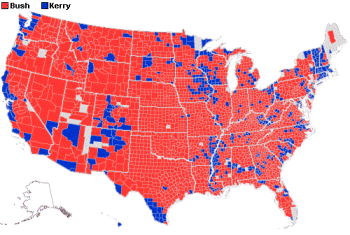I have been teaching through the Gospels at PRBC for a number of years now, mainly focusing on the Synoptics. But I covered John 5 recently, so I felt it appropriate to cover chapter six as well. In the process of teaching exegetically through the text, I happened to notice that Stephen K. Ray has a book out titled, St. John’s Gospel: a Bible Study Guide and Commentary from Ignatius Press. My curiosity was overwhelming. It arrived on Christmas Eve, along with Ben Witherington’s commentary on Philemon, Colossians and Ephesians.
Now, I truly was not expecting a serious exegetical commentary from Mr. Ray, so I was not disappointed on that score, anyway. But I was really interested in seeing if Ray at least tries to provide some kind of commentary on the actual flow of the argument in John 6, or if he would just “it’s all about the Eucharist” the text and skip right past its actual meaning. True to form, the key transition statement, the entire concept of the sovereign election of God, etc., is passed over without even an acknowledgement of the issues raised. This is all we find:
9. According to verses 37-39, what did Jesus come to do? What is the will of God? How did John previously introduce his readers to the Resurrection (Jn. 2:18-22, Jn 11, and Jn 20; cf. notes on Jn 5, pp. 131-32)? Look ahead at verses 44, 54. How are “heavenly food” and resurrection related?
That’s it. Nothing more. The thick glasses of human tradition are firmly in place, and the words, and their meaning, filtered out.
I note in passing that I glanced at Witherington’s comments on election in Ephesians 1 and found the very same kind of problem there (not surprising, given that Arminians and Roman Catholics, despite their differences, stand hand-in-hand with one another on the issues of grace and the will of man). The witness to individual election, found in the fact that it is we, not Christ, who are the direct objects of God’s actions, are passed over through the facile explanation of “corporate election,” despite there being not a wit of evidence in the text itself to support the contention. Possibly more on this in a later discussion.



